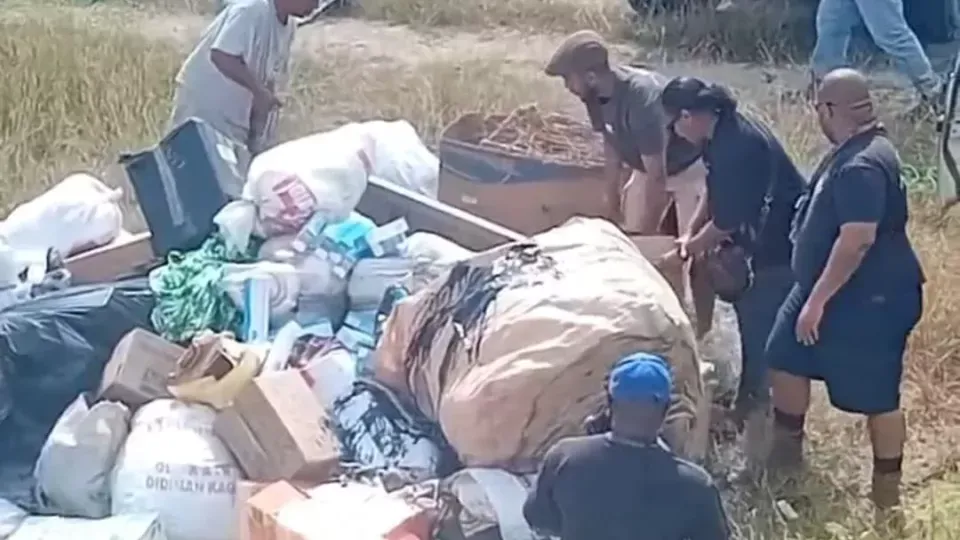Yesterday, over 600 kilograms of illicit drugs and counterfeit cigarettes were publicly incinerated in an open field on the outskirts of Port Moresby, the capital of Papua New Guinea.
These substances were seized between 2022 and 2025 by the National Drug and Vice Squad (NDVS), primarily from operations in the National Capital District, Central Province, and Gulf Province.
This incineration was more than a symbolic act of victory — it also served as a stark reflection of reality: the drug crisis Papua New Guinea faces is far more severe than the thick smoke rising from the site.
Detective Thomas Moyan, head of the NDVS, noted at the scene that the successful seizure was the result of joint operations involving multiple agencies. However, he also acknowledged that drug issues within PNG are worsening, with abuse and smuggling becoming increasingly rampant — a growing threat to the nation’s future.
Deputy Police Commissioner and head of Special Operations, Donald Yamasombi, who oversaw the burning process, emphasized that despite the tremendous efforts made by law enforcement, the fight against drugs remains arduous.
He specifically pointed out that the country still lacks a dedicated facility for the destruction of narcotics.
As a result, authorities are forced to resort to open-air incineration — a method that is not only inefficient but also poses serious health and environmental risks.
Yet the PNG Police Force is not standing idle in the face of a spreading drug black market.
In addition to NDVS efforts around the capital, anti-narcotics forces in other provinces are being strengthened, with increased focus on cutting off drug distribution at its source.
It is worth noting that in recent years, Papua New Guinea has revised and enacted key legislation — including the Dangerous Drugs Act 2021 and the Controlled Substances Act 2021 — significantly increasing penalties for possession and trafficking of illegal drugs and contraband. These laws mark a clear stance on the legal bottom line and provide much-needed support for law enforcement.
But law is only the last line of defense.
To truly curb the damage caused by drugs, Papua New Guinean society needs broader awareness and collective action. Drug abuse not only endangers individual health but also corrodes social structures, corrupts the younger generation, and undermines the foundations of the nation.
It is also important to recognize that in Southeast Asia and the South Pacific, transnational drug trafficking networks have long been entrenched. PNG, as a key transportation hub in the region, is under heightened pressure by default.
This reality means that the drug crisis is not just a policing issue — it is a comprehensive test of national governance.
Papua New Guinea now stands at a pivotal stage of modernization. Alongside economic development, it must also reinforce the foundations of social governance, and safeguard the health and hopes of its people. This is a challenge that cannot be deferred.
Drugs are a crisis we cannot afford to ignore.
Drugs are a cancer that allows no complacency.
Let the destruction of 600 kilograms of narcotics not merely serve as a demonstration — but as a call to action.
The country needs to urgently build a strong and lasting defense against the scourge of drugs.


